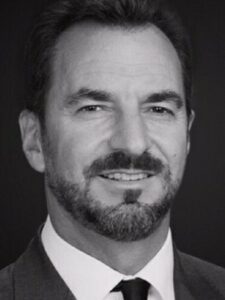Recap
On May 22, the Atlantic Council’s Africa Center and the Policy Center for the New South convened leading experts from DC think tanks to mark Africa Day 2025 and to unpack recent seismic changes in Africa. Such seismic changes have included the Trump administration’s new Africa policy, which focuses less on aid given the recent shutdown of USAID and more on trade with the announcement of a new commercial strategy at the US State Department. That change has unfolded as the Trump administration implemented global tariff increases and as the United States considers the future of the African Growth and Opportunity Act (AGOA).
Colin Coleman, senior fellow at the Africa Center and former partner and chief executive officer of Goldman Sachs Sub-Saharan Africa, moderated a discussion among the following experts:
- Otaviano Canuto, Senior Fellow, Policy Center for the New South
- Mvemba Phezo Dizolele, Director and Senior Fellow, Africa Program, Center for Strategic and International Studies
- Dave Peterson, Former Senior Director, Africa Program, National Endowment for Democracy
- Zainab Usman, Director, Africa Program, Carnegie Endowment for International Peace
Opening the event, Rama Yade, senior director of the Atlantic Council’s Africa Center, celebrated Africa Day 2025 by highlighting the continent’s demographic power, economic achievements, and strategic importance to the global energy transition, noting that “there is no green technology without Africa.”
A post-aid era and the imperative for domestic reform
Panelists reflected on the global decline of development aid. Usman said that “the world of aid is going to be past tense . . . we must now think creatively and do things differently.” She challenged middle-income countries such as Nigeria and South Africa to end their reliance on foreign aid for essential services, arguing that this shift presents a strategic opportunity for domestic resource mobilization and reform.
Dizolele talked about Africa’s governance crisis, asserting that there is “a total disregard for the social contract. Countries that are serious must deliver for their citizens.” He criticized the African Union for lacking impact and called instead for strengthening regional economic communities where more localized leadership and proximity allow for more meaningful coordination, knowledge sharing, and a willingness to hold neighboring countries accountable.
Trade, AGOA, and strategic minerals
As the United States signals a move from multilateralism to bilateralism, Canuto warned of fragmentation: “Reciprocal tariffs are coming fast . . . it’s not practical for each of Africa’s fifty-four countries to negotiate individually with the US.” He advocated for Africa to strengthen its physical integration and logistical infrastructure to make the African Continental Free Trade Area viable.
On AGOA, opinions were split. Peterson feared the trade agreement’s demise, saying that “AGOA is probably a lost cause.” But Usman remained more optimistic, encouraging African governments to prepare for negotiations: “Maybe it’s on its deathbed, but it’s not dead yet,” she said.
The experts agreed that Africa’s critical-mineral reserves (the Democratic Republic of the Congo alone boasts 70 percent of the world’s cobalt output and the African continent holds 85 percent of manganese reserves) are an important factor in any global geopolitical strategy. As Canuto noted, “Africa’s critical minerals may shape the next phase of global power—if used wisely.”
A call for strategic preparedness
Throughout the conversation, speakers underscored the urgency of political will, domestic reform, and African agency. “African nations,” Coleman said, “need to organize amid uncertainty, get their own house in order, and leverage their strategic assets—from minerals to markets—to secure partnerships that serve their own interests.”
The session closed with a call from Dizolele for African states to act deliberately and collaboratively ahead of the recently announced US-Africa summit, recognizing that opportunities remain despite a great degree of uncertainty.
Original event text
The Africa Center, in partnership with the Policy Center for the New South, will bring together experts from across the Washington think tank sector for a timely and forward-looking conversation on the first twenty-five years of the “African Century” and US-Africa relations in the second Trump administration. The discussion will focus on aid and trade, two sectors marked by the shutdown of the US Agency for International Development and US tariff policies.
Each year for Africa Day, the Africa Center aims to host a dynamic conversation highlighting Africa’s changing role in world affairs. This year’s conversation will explore how the continent has reshaped its global influence and elevated its geopolitical voice over the past twenty-five years. The twenty-first century has been called the “African Century,” given the continent’s ever expanding population, rising economic growth rates, and increased influence on the global stage.
This event, serving as a follow up to a previous Africa Center event, Reshaping US economic engagement in Africa, will be held in partnership with the Policy Center for the New South. This partnership seeks to explore front line issues including trade, commercial engagement, and investment through expanded transatlantic ties to drive economic growth and prosperity.
Opening remarks
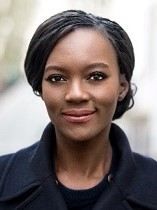
Amb. Rama Yade
Senior Director
Africa Center, Atlantic Council
Speakers
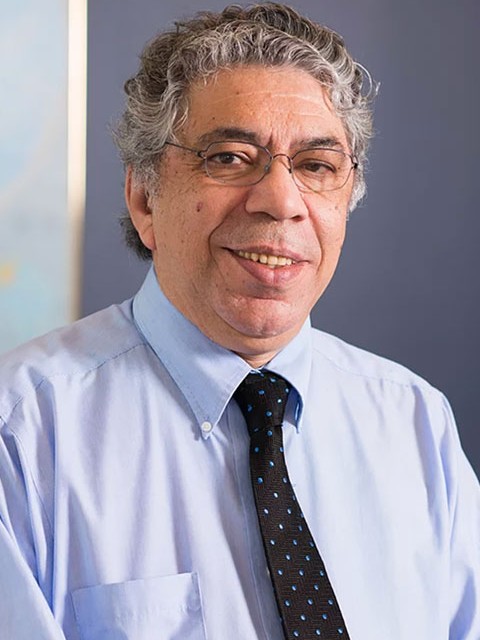
Otaviano Canuto
Senior Fellow
Policy Center of the New South
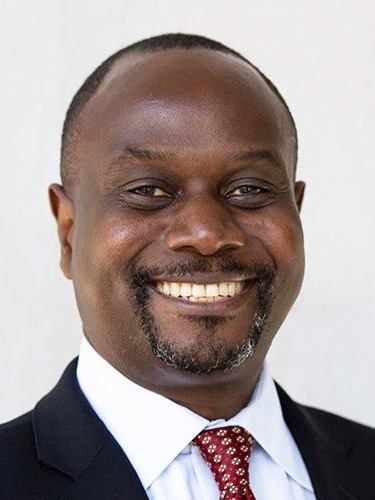
Mvemba Phezo Dizolele
Director and Senior Fellow, Africa Program
Center for Strategic and International Studies
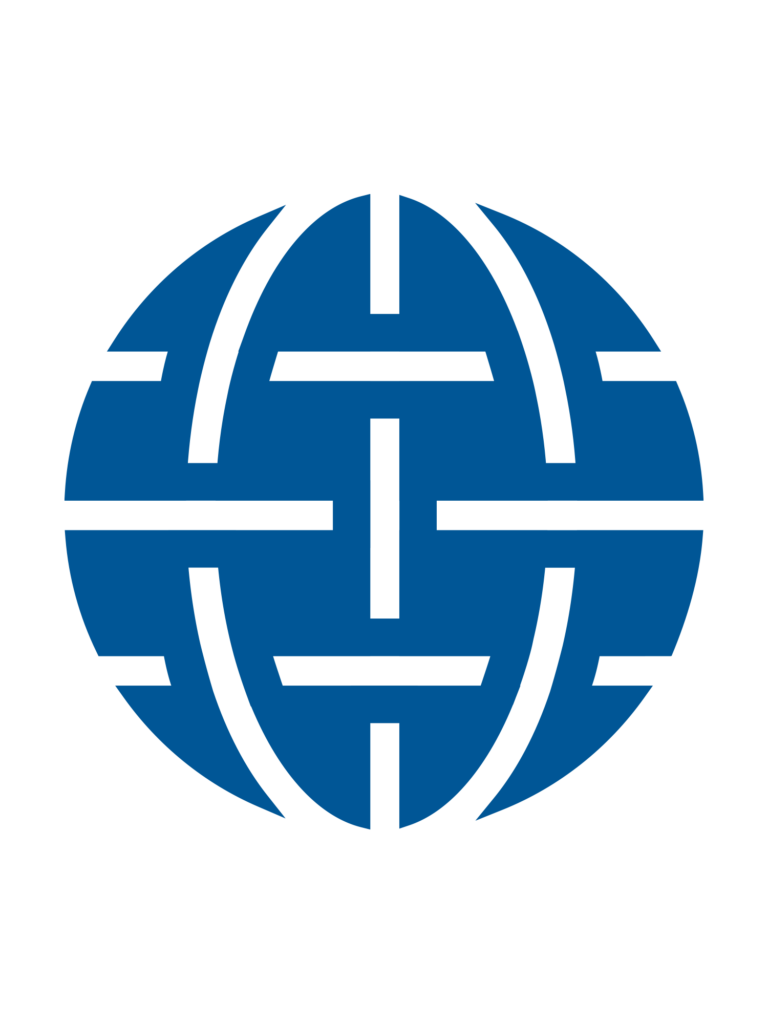
Dave Peterson
Former Senior Director, Africa Program
National Endowment For Democracy
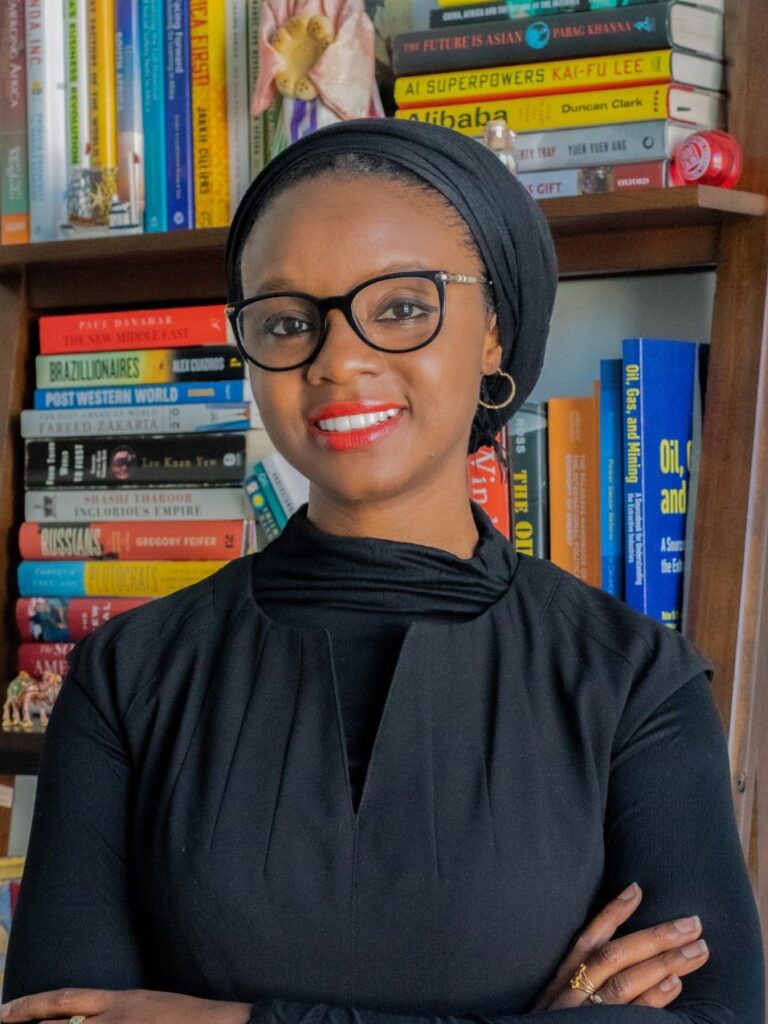
Zainab Usman
Director, Africa Program
Carnegie Endowment for International Peace
Moderated by
In Partnership With

Explore the Progam

The Africa Center works to promote dynamic geopolitical partnerships with African states and to redirect US and European policy priorities toward strengthening security and bolstering economic growth and prosperity on the continent.
Atlantic Council TV
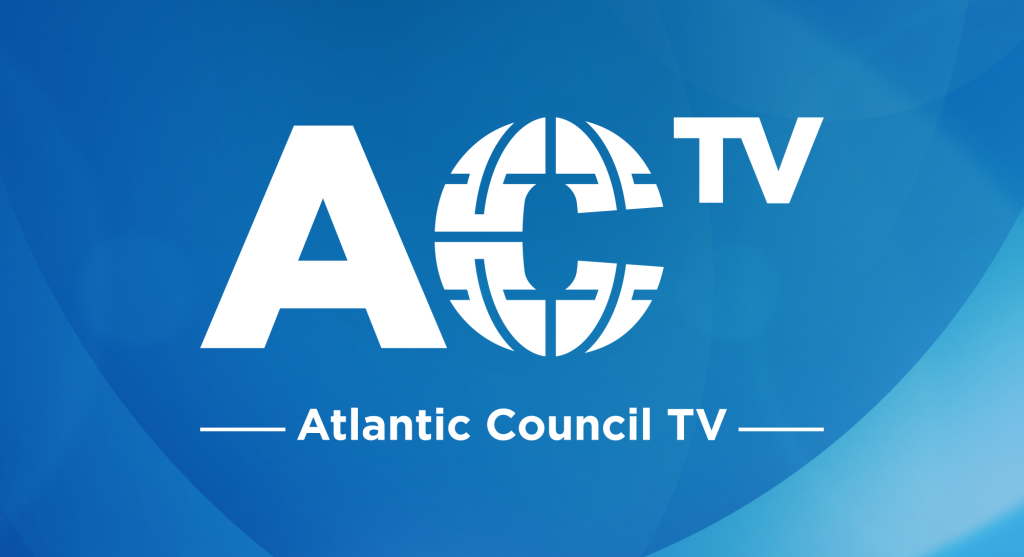
Watch this event and more content on ACTV
Follow the conversations shaping our world. Available on all major platforms.
